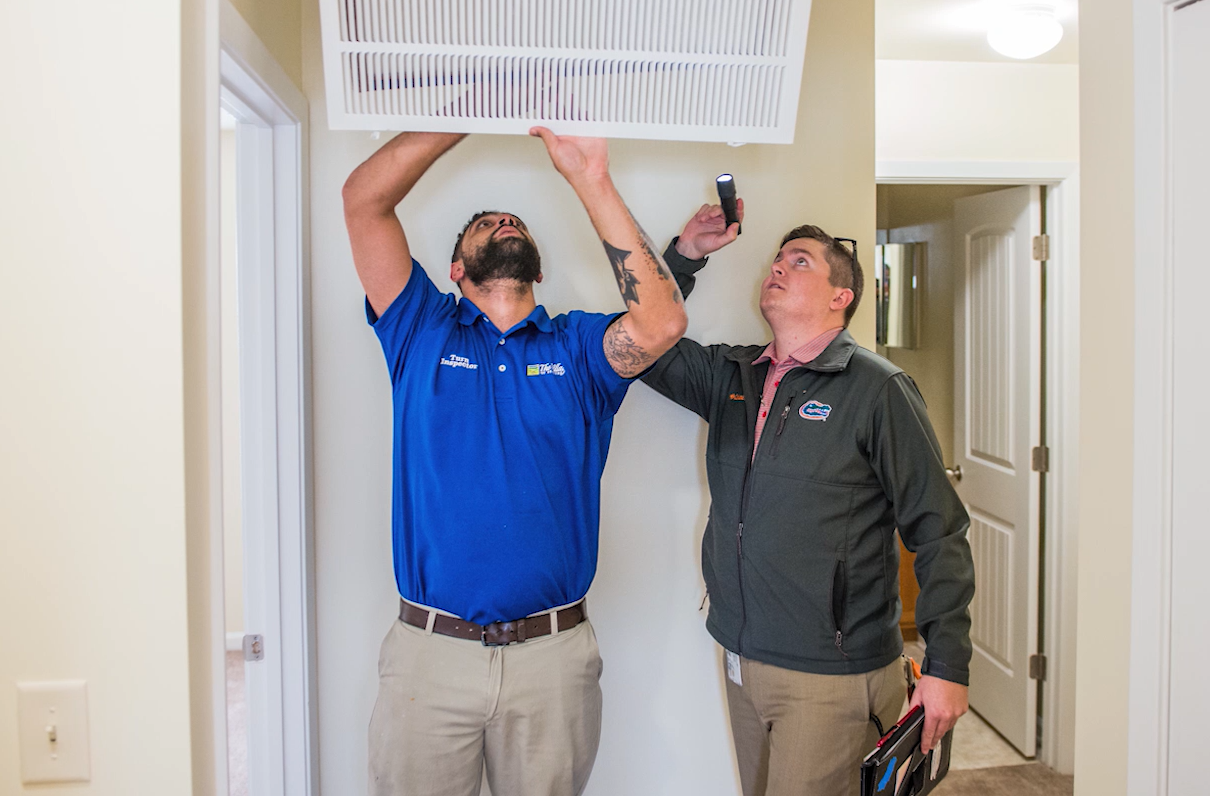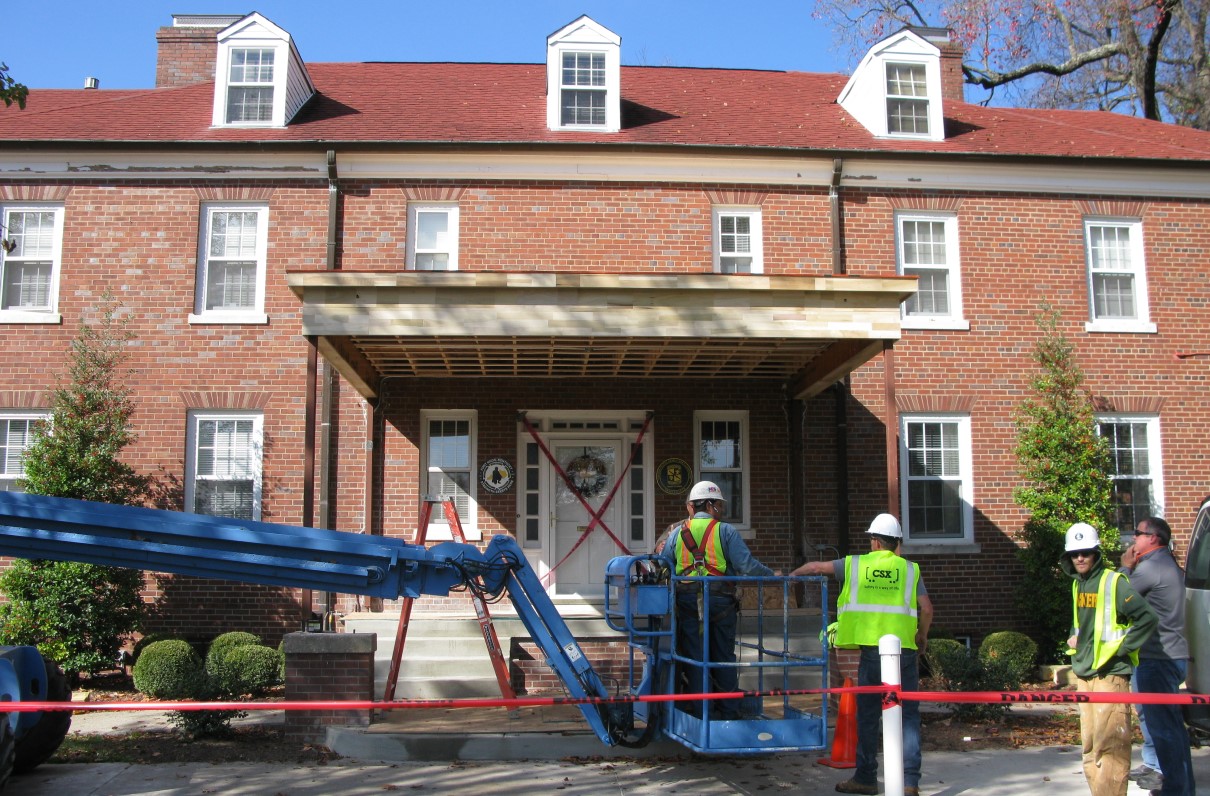Incorrect and backdated work orders to fix maintenance problems in privatized military housing are among problems revealed in a new report presented to the Senate Armed Services Committee on Dec. 3.
Recommendations to solve problems identified in the report, which was conducted by the Government Accountability Office, could be released by early 2020. Service chiefs and secretaries from the Air Force, Army, Navy, and Marine Corps attended the committee’s hearing to provide updates on housing and answer questions from lawmakers.
The GAO began reviewing problems earlier this year after military families disclosed they were living in homes with mold, rodent infestations, and gas leaks. Some families reported cases of threats and retaliation when they attempted to get help from their chains of command.
“Military families aren’t asking for luxurious accommodations,” said Eryn Wagnon, MOAA’s director of government relations for military family policy. “It is unconscionable that they have to beg for the minimum quality standards to be enforced in their homes.”
MOAA has worked with families that have reported problems with their privatized military housing. Wagnon used that feedback to work with federal lawmakers on provisions that would protect and benefit military families.
The provisions are included in the FY 20 National Defense Authorization Act (NDAA), which has not yet been passed by Congress.
“The GAO report legitimizes what MOAA and military families have been saying for the past year with regard to illegitimate performance metrics and work order data,” Wagnon said. “It’s important now more than ever to come to a compromise on the defense bill in order to implement reform measures.”
The report confirms the “alarming trend” of housing issues reported by military families, said Sen. Jack Reed (D-R.I.), ranking member of the Senate Armed Services Committee.
“This committee continues to receive complaints directly from families,” Reed said. “I am still not convinced these companies are doing everything they can.”
[RELATED: Lawsuits Highlight Need for MOAA-Backed Military Housing Reform]
Nearly all of the homes on military installations are privately managed, as part of a 1996 deal that was meant to address concerns with run-down, DoD-owned housing. The Military Housing Privatization Initiative leases the homes to privately owned companies to manage and maintain.
GAO auditors reviewed DoD policies on administration of the housing program, work orders submitted by families, and feedback from focus groups, among other items. They found significant problems in the system, said Elizabeth Field, director of Defense Capabilities and Management, the GAO team which conducted the report.
Data anomalies on work orders for maintenance requests were found in each of the 14 private companies that run military housing, per the report. There were duplicate work orders, work orders with completion dates prior to the dates that a resident submitted the work order, and work orders listed as “in progress” for 18 months.
Auditors also found misleading data, Field said – a deeper problem, because the metrics are used to incentivize and reward the private housing companies. The resident satisfaction rate, for example, is determined using what GAO auditors determined were unreliable methods, such as inconsistent compilation of survey results or the assumption that a high occupancy rate equates to happy residents.
“Through our ongoing review, we know the department’s efforts are headed in the right direction, but it will take sustained attention, likely over many years,” Field said during her testimony.
During the hearing, each of the service chiefs acknowledged flaws in their processes to address housing issues. They all pledged to correct them.
[RELATED: Visit MOAA's Spouse and Family Advocacy Page]
Air Force Secretary Barbara Barrett said the service is cracking down on the private companies that should be performing maintenance in homes. For example, homes at Tinker AFB, Okla.; Keelser AFB, Miss.; and MacDill AFB, Fla., are particularly vulnerable to mold because of the high humidity and defects in water lines. The Air Force has required housing company Balfour Beatty to submit an improvement plan for those homes or face formal dispute action.
“While we have made significant progress over the past year to improve housing, we frankly have a long way to go as we still have some privatized housing project owners who are not meeting expectations,” Barrett said in her testimony.



